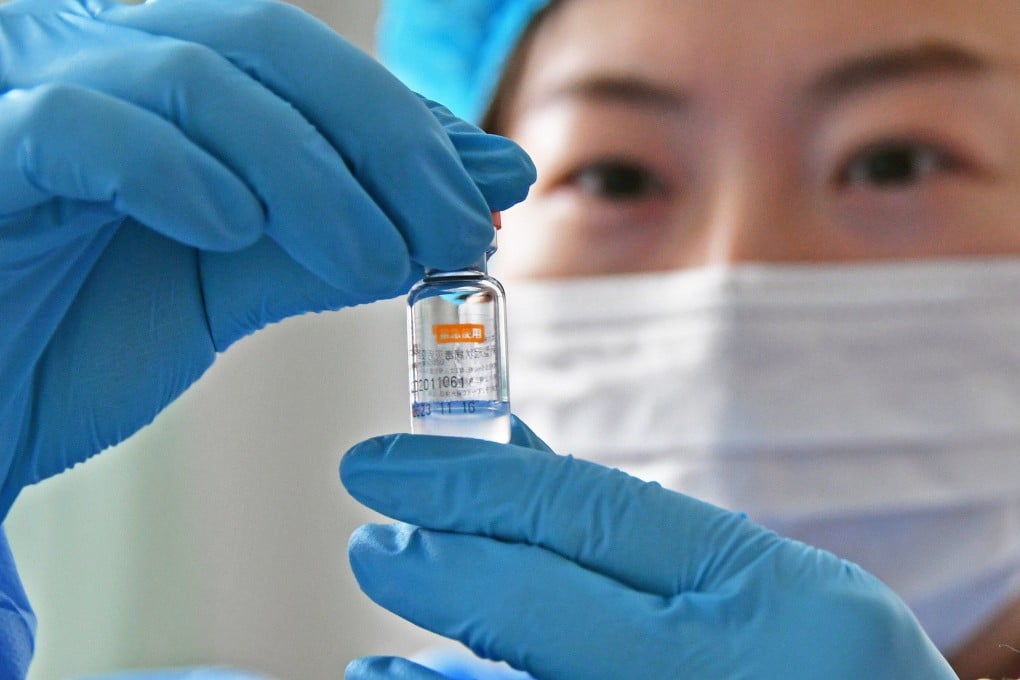Explainer | What do the Sinovac coronavirus vaccine efficacy results mean?
- The company and its Brazilian partner have released confusing numbers for the effectiveness of CoronaVac in clinical trials
- The data is essential for regulators to determine whether they should approve the vaccine for use

Questions have been raised over the effectiveness of a coronavirus vaccine developed by Chinese drug maker Sinovac Biotech after a partner science institute in Brazil, where phase 3 clinical trials are under way, released lower-than-expected efficacy results for the vaccine.
So what do the numbers mean?
Is CoronaVac still effective?
The institute said the vaccine was 50.4 per cent effective in preventing Covid-19 with symptoms ranging from mild to severe. The figure, which indicates how effective a vaccine is in trials, just meets the 50 per cent minimum threshold required by most regulators around the world, but is lower than the 70 per cent recommended by the World Health Organization (WHO).
The final efficacy rate may be a little higher than 50.4 per cent after the company factors in clinical trial data from Indonesia and Turkey. Turkey has said that the vaccine was found to be 91.2 per cent effective based on a study of 1,322 people, but that trial is small compared with the Brazil trial of 12,500 people.
Each trial is designed differently so direct comparisons of efficacy rates are not possible but they are good general references in understanding the vaccine’s effectiveness.